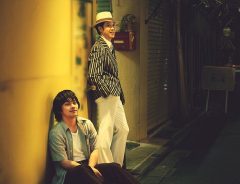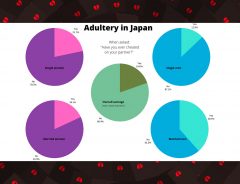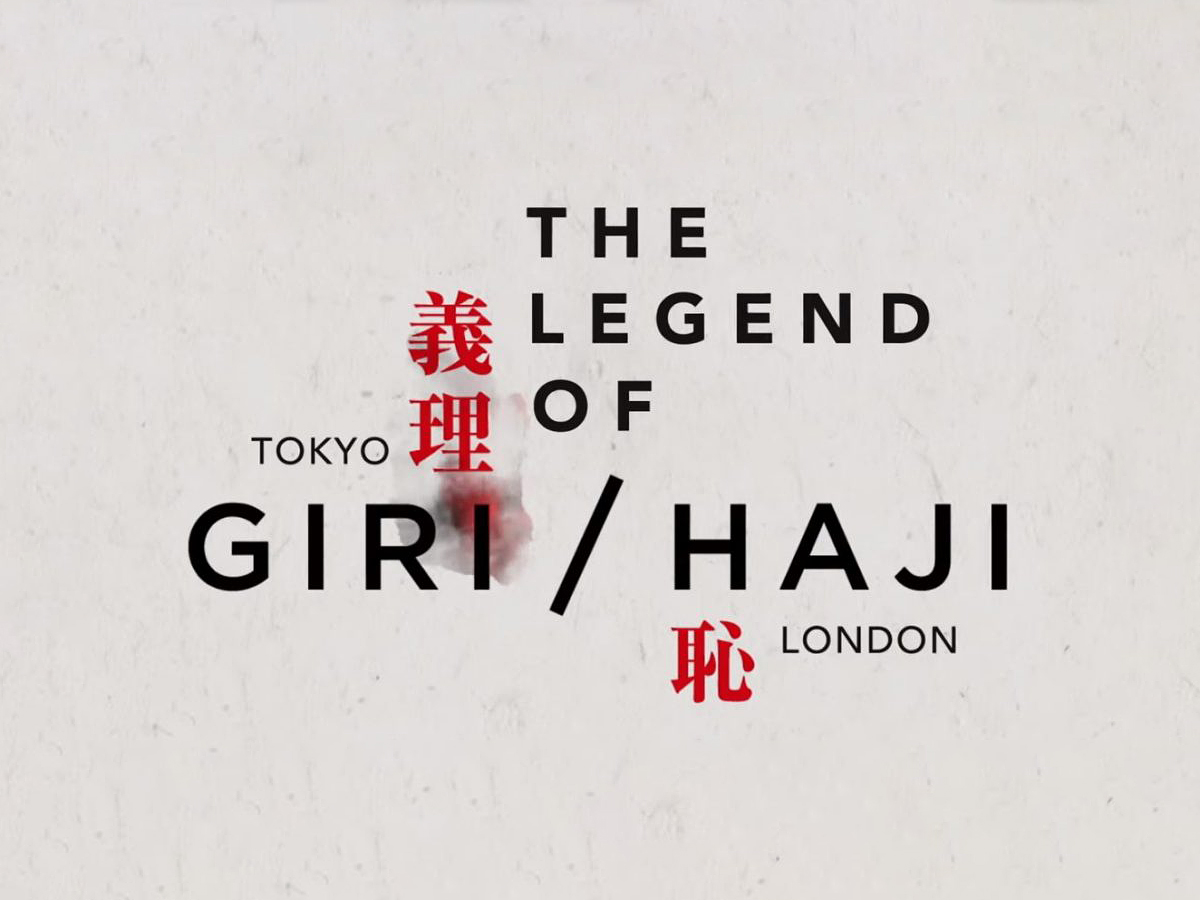- Tags:
- BBC / giri / Giri / Haji / haji / Netflix / The Legend of GIRI / HAJI / thriller
Related Article
-

Cowboy Bebop Live-Action Casts Ein, Gives Him Adorable Table Read
-

Netflix ‘Asakusa Kid’ Pays Tribute to Takeshi Kitano’s Mentor Senzaburo Fukami
-

Rilakkuma and Kaoru soon to star in new Netflix stop motion animation series set in theme park
-

Full Details of Highly Anticipated Anime “DEVILMAN crybaby” Revealed
-

The Surprising Truth about Cheating in Japan
-

SEGA and BBC Collaboration Blue Burgers Return To Yokohama



Peter Tasker, Arcus Research, for JAPAN Forward
Flawed people, troubled times. Conflict in the street, conflict in the soul.
Dark secrets unravel in the neon-splattered backstreets of Soho (London) and Shibuya (Tokyo). In the concrete-and-glass towers of Fenchurch Street and Kasumigaseki. On a windswept beach in Sussex, in the mountains of Yamanashi.
Sarah Weitzmann is a British cop, disliked by her colleagues and shunted off to give criminology lectures. She has joyless sex with slobs encountered on Tinder.
Kenzo Mori is a world-weary Japanese cop on an unofficial mission to London. He hasn’t smiled in years. His home life is, shall we say, complicated.
© JAPAN Forward / © BBC
Both these human beings carry hefty burdens. They both confronted a life-changing choice between professional duty and personal allegiance. They both regret decisions they have made and have to live with the deadly consequences.
What brings them together is brokenness.
Sarah: Everything is pretty fucked, isn’t it? Is there a Japanese expression for that?
Kenzo: Nanimo kamo mechakucha da.
Sarah: What does that mean?
Kenzo: It translates as “everything is messed up.”
Sarah: Nanimo kamo?
Kenzo: Mechakucha da.
Sarah: Well, that about covers it.
Kenzo: I prefer “everything is fucked.”
Giri/Haji, which means “Duty/Shame,” is an eight-part BBC series screened last autumn in the United Kingdom, and soon to appear globally on Netflix *.
* grape Japan editor's note: The series is now available on Netflix (accessed on January 15th, 12:00 JST)
A fresh and vibrant thriller, it presents Japan in a radically different way from the foreign moviemaker’s usual perspective. Even in this century, films such as Sophie Coppola’s Lost in Translation (2003) and Wes Anderson’s Isle of Dogs (2018) have dwelt on the tired old conception of Japanese exoticism and incomprehensibility, compared to supposed Western norms.
Giri/Haji does the opposite. It brings out the commonalities. Indeed, cultural melding and blurring is the major theme, personified in the character of half-Japanese rent-boy Rodney Yamaguchi, played by the half-Japanese Will Sharpe.
In the words of writer Joe Barton, “The thing about Japanese culture is how many similarities there were [with Britain], and how that comes across… ideas about behavior, how people see you, politeness, the front that we put on, all this stuff.”
On his research trip to Japan, Barton was surprised at how different the real Tokyo was from the glittering metropolis of so many films and documentaries. Once you get out of the center, he noted, “the suburbs don’t feel all that different to other cities. It could be Madrid in some places, London in some places.”
That perception is reflected in the cinematography. Tokyo is a vast concrete labyrinth, but so is London. Likewise, the yakuza are brutal, but no more so than Britain’s crime lords — a point made by intercutting between two gangland shoot-outs taking place simultaneously on opposite sides of the globe.
The parallelism is reinforced by intertitles in both Japanese and English, and a voice-over introduction to every episode in hard-boiled, Japanese-accented English.
Japan is highly present in London, from the first scene when a Japanese businessman exchanges slippers for shoes on entering his apartment and pours himself a glass of whiskey, with St. Paul’s Cathedral lit up behind him. Even the thuggish London criminal Abbott is a Japanophile who dreams of establishing himself in Tokyo.
Meanwhile, Japanese yakuza Yuto seems right at home on the mean streets of Soho, as does rebellious schoolgirl Taki. The cross-cultural relationships that develop — between Kenzo and Sarah, between Taki and a gay British woman — seem unforced. Yet we are made aware, sometimes via split-screen sequences, of the action going on in Japan, whether yakuza intrigue or the problems of Mori’s long-suffering wife.
Kenzo: We are not bad people. We just did bad things.
Sarah: Really, is there any difference?
(...)
Written by Japan ForwardThe continuation of this article can be read on the "Japan Forward" site.
Netflix’s ‘Giri/Haji’: A New Kind of Anglo-Japanese Alliance